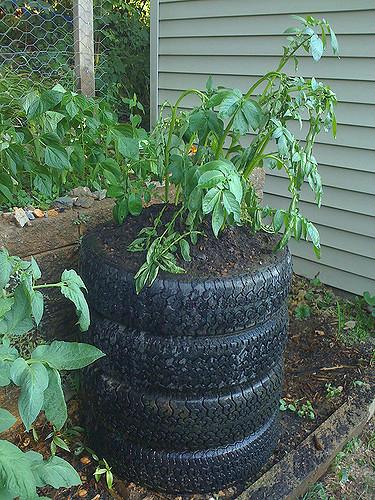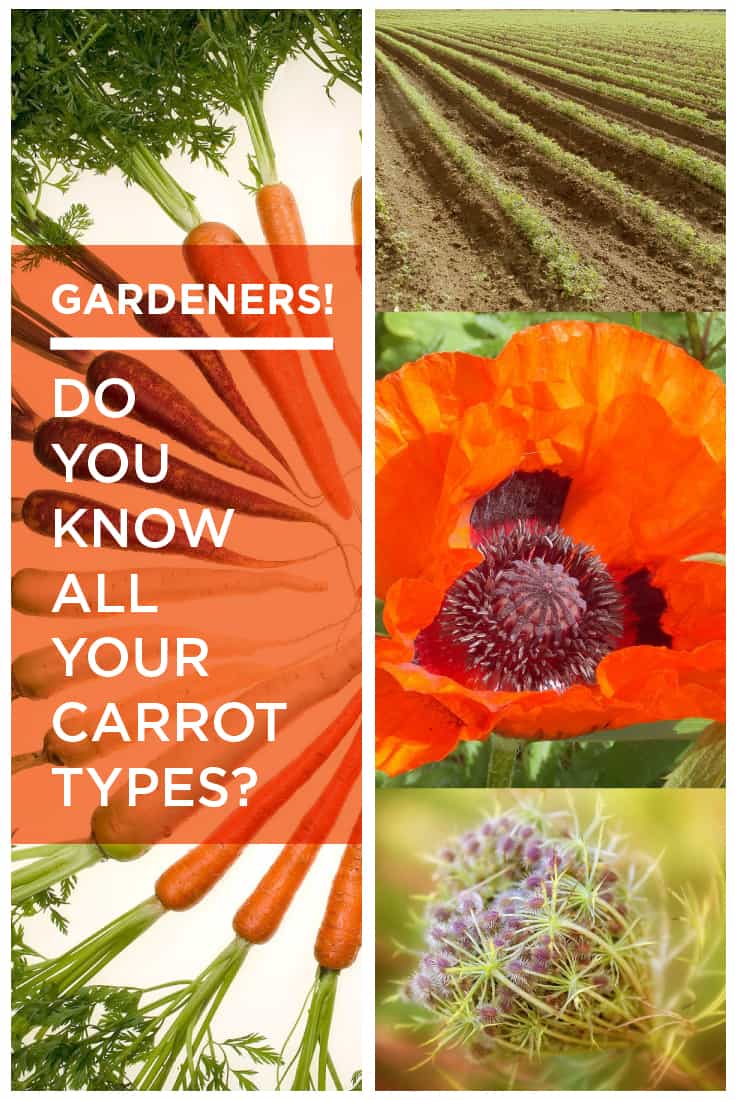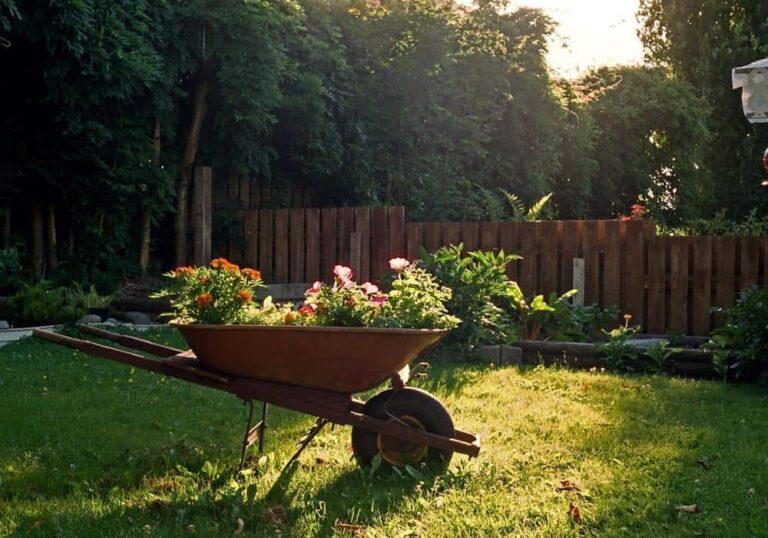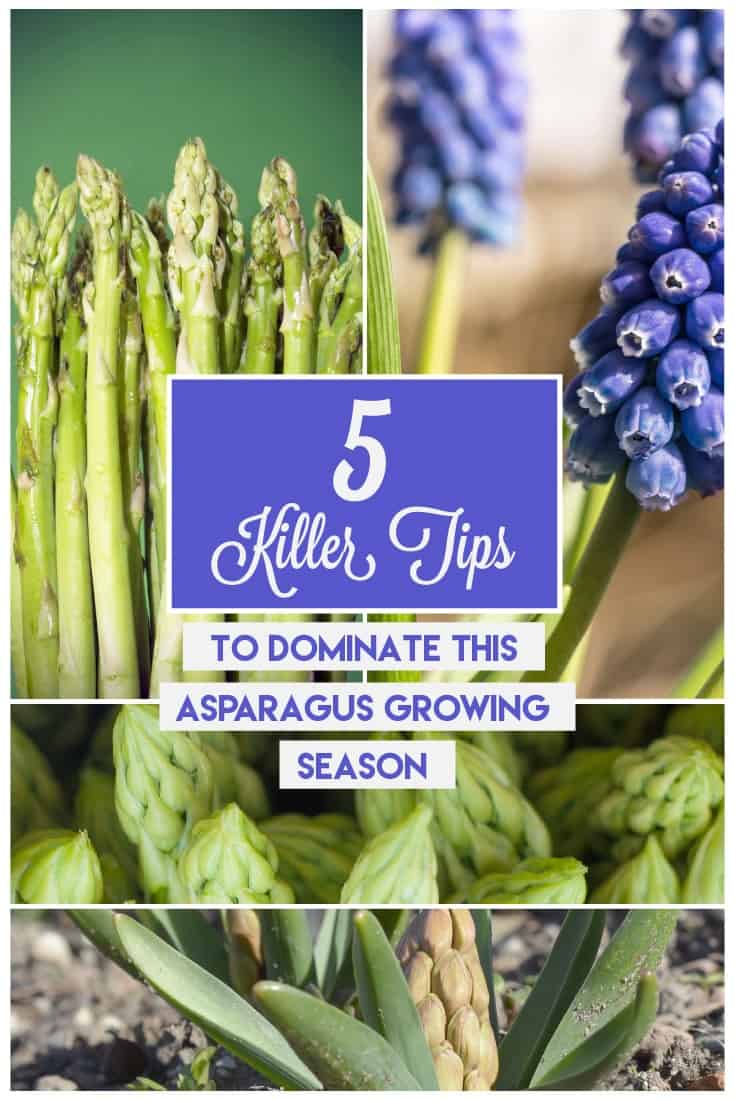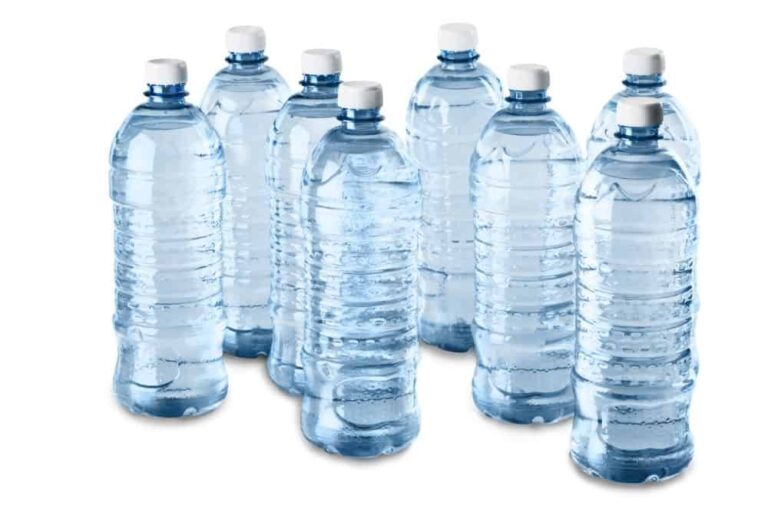Our Picks for the Best Fertilizer for Onions
For our money, the best fertilizer for onions is Homesteader Hobbies Onion Fertilizer, although there ar plenty of really good choices (see below). Onions are indisputably one of the most popular foods in the world, as their raw or cooked presence routinely has a place within numerous cuisines throughout the world. Because of this, it almost goes without saying that the crop is a popular choice for home gardeners to grow. And one of the best ways to procure excellent home-grown onions is to feed them with the right fertilizer.
Our Picks for Best Fertilizer for Onions
- Homesteader Hobbies Onion Fertilizer
- Miracle-Gro Shake ‘n Feed Continuous Release Plant Food
- Global Harvest Organics All Purpose Pelleted Organic Fertilizer
The Onion Kingdom – a Quick Visual Guide
When you make the decision to grow onions in your garden, it’s important that you decide upon what type of onion you’re going to grow. This choice even drills down into the bulb level, where there are several bulb-based varieties to choose from. This video does a good job of demonstrating the wide range of options you have at your disposal.
Onion Growing Basics
It’s only appropriate that onions are consumed so voraciously all over the world. They tend to be greedy consumers in their own right, and their reputation as being heavy feeders is augmented by the fact that they have shallow root systems.
The amount of time needed to grow your onions is also dependent upon what kind of onion you’re planning on growing. If you’re growing a small, skinny variety like a green onion, your crop can be ready in about a month. If you’re going the bulbous route, expect for wait between three to six months before harvesting.
Regardless of type, onions are considered a cold-season crop that can thrive under unforgiving conditions because they’re hardy. With that being said, it is recommended that you do plant your onions in a location where they will receive full sun exposure.
The Importance of Good Soil
Because onions are so naturally sturdy, they tend to be a relatively easy crop to grow. This ease makes them a somewhat ideal option for novice gardeners that haven’t developed a green thumb just yet. However, this doesn’t mean that a successful growing season isn’t a matter of simply plopping them in the ground.
Soil is perhaps the most important component to achieving a successful onion crop. Ideally, you’ll want soil that’s loose, well-draining, and well-worked, free from rocks and lumps. This will allow your crop to draw as many nutrients as they can, which helps them grow into the kind of onions that you want to develop.
Good Fertilizer Leads to Good Soil
Fertilizer can play a very important role in taking your soil to the proverbial next level. The reason for this is because it infuses the dirt with the nutrients that may otherwise be lacking. However, there are a few things to consider when you’re purchasing a bag of the garden enhancer.
Firstly, you need to make sure that the fertilizer you’re picking up matches the needs of your soil. The best way to ensure this is the case happens before you purchase your fertilizer. A soil test should provide you with the information you need to help you make an informed decision.
Once you know what you’re looking for, you can look at a fertilizer bag to determine if it’s a good match for your garden. The reason you can do this is by taking a look at the trio of numbers that will listed on the bag. The numbers will be dashed, so you’re looking for a combo of numbers like 10-10-10.
These numbers represent the percentage of nitrogen, phosphorous, and potassium located within the bag. As a rule of thumb, you’ll want to seek out fertilizer that has a high nitrogen content, as onions tend to really love that nutrient.
That said, be sure you’re not overloading your onions with one particular nutrient, even nitrogen. Over-fertilization of a certain nutrient can do some funky things to your onions, such as discoloration or distaste.
Some of the ingredients you’ll find in fertilizer may seem a little off-putting from your perspective. Blood meal, bone meal, guano, and earthworm casings can all be key components of a fertilizer that can help your onions thrive. And of course, there’s always the most famous ingredient to a fertilizer – manure.
If you adhere to the fertilizer’s instructions – provided of course that it’s the proper nutrient composition for your garden – you should have a robust onion crop at the end of the respective growing period. Over time, you may even get ambitious enough to try to make your own fertilizer.
Our Recommendation: Homesteader Hobbies Onion Fertilizer
If you’re new to the whole gardening game, you’ll want to do what you can to eliminate the guesswork in the garden. That’s why we like Homesteader Hobbies Onion Fertilizer, since it’s essentially formulated specifically for onion crops. It also works because it will allow you to get used to the concept of using fertilizer without having to worry about second-guessing yourself.
That said, if you do go with another fertilizer, the concepts behind its usage don’t fluctuate all that much. The reason for this is because growing veggies as a whole share a lot of the same needs in terms of nutrition and care. If you’ve worked with other veggies in the past, you can transfer a lot of that knowledge to your onion crop.
And if onions are the first crop you’ve ever attempted, you can use the experience as a learning tool to help you prep for other foods you may grow in your garden. Obviously, each fruit and veggie grown does come with their own idiosyncrasies. However, a lot of the general rules of care apply. If you make a mistake with fertilization, you can always correct it the next time around.
And if you don’t make a mistake with the fertilization, you’ll be rewarded with beautiful onions of various shapes and sizes, depending on what type of onion you choose to grow. And that’s the reason you decided to try your hand at growing them in the first place, right?


